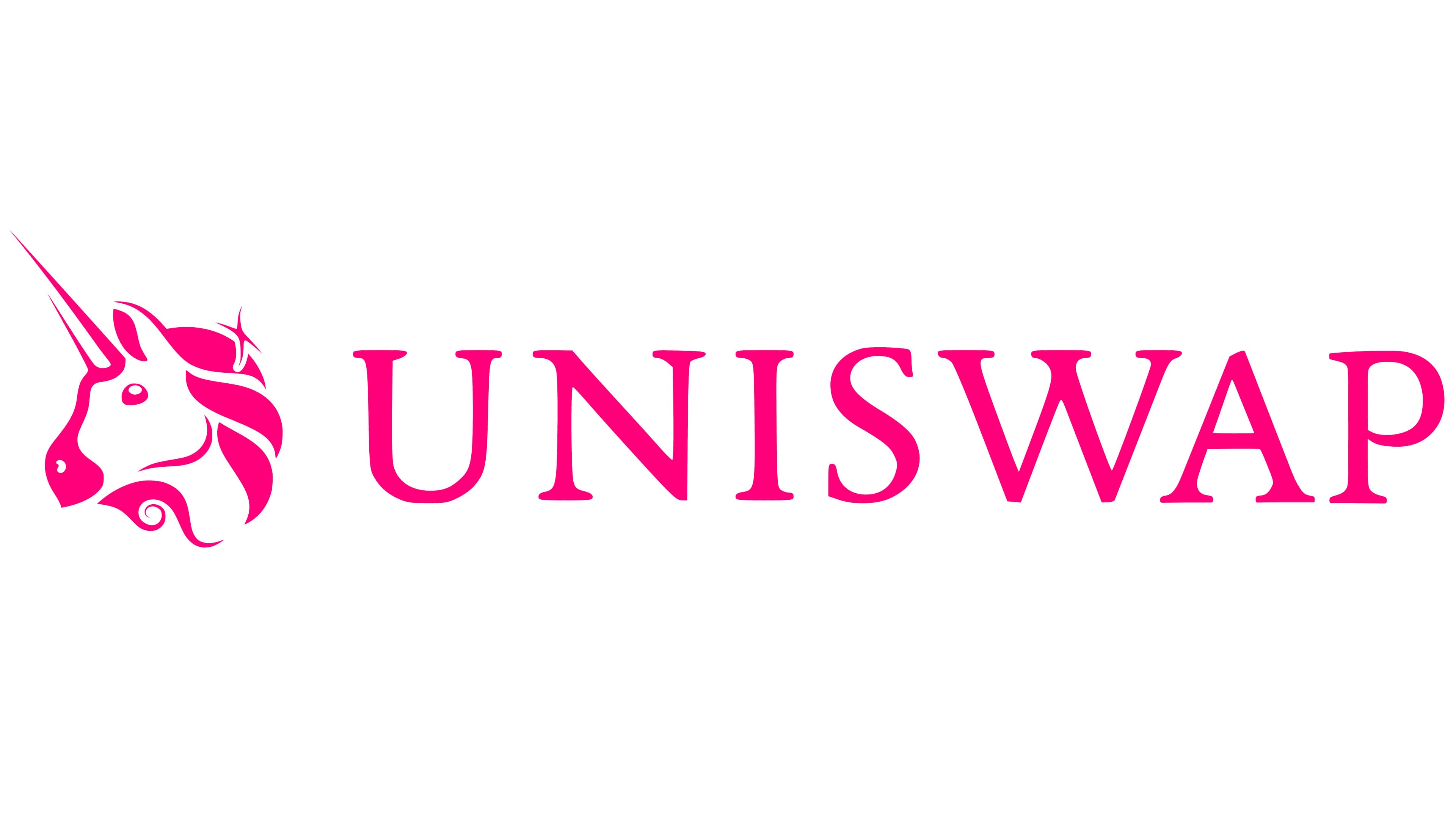
Why Self-Custody and Swap Functions Are Game-Changers in DeFi
Ever had that gut feeling something was just a little off with your crypto wallet? Yeah, me too. It’s like, you want control but also convenience, and somehow those rarely come together smoothly. Seriously, the bigger question is: how do you keep your assets safe while still jumping into yield farming or quick token swaps without a headache?
Here’s the thing. Most folks dive into decentralized exchanges (DEXs) expecting seamless trades but end up tangled in clunky interfaces or worse—relying on custodians that hold their keys. Not ideal. The magic, in my experience, is this sweet spot where you maintain self-custody but still get the slick swap functionalities and yield farming opportunities.
Initially, I thought having separate tools for trading and wallet management was the only way. But then, I stumbled on platforms that integrate these features natively—making DeFi feel less like a wild west and more like a well-run market. It’s like the difference between having to visit three different shops for groceries, clothes, and electronics versus one big store with everything under one roof.
Wow! That realization changed how I approach DeFi entirely. No more juggling multiple apps or worrying about losing keys because the wallet actually empowers users with full control. And that’s where a solid uniswap wallet comes into play—it’s one of those rare tools that blend ease of use with genuine self-custody.
But hold on, not all wallets labeled ‘self-custody’ are created equal. Some still route trades through third parties, which kinda defeats the purpose. I’m biased, but I prefer wallets that let me swap tokens directly on-chain, so I’m never handing my assets over to anyone else—even momentarily.
Let me backtrack a bit. The whole swap functionality in DeFi often gets overlooked or taken for granted. You click a button, and boom—your tokens swap. But under the hood, there’s a ton going on: liquidity pools, slippage tolerance, gas fees, and more. Users who don’t get that can get burned fast.
Something felt off about early DEX experiences I had—a little too technical, too many moving parts. I remember nearly missing a yield farming opportunity because I couldn’t figure out how to swap tokens quickly without paying insane gas fees. These hiccups are common, but they don’t have to be.
On one hand, fast swaps are tempting because they let you capitalize on market moves. Though actually, if you’re not careful, you might get hit by bad rates or excessive fees. Smart wallets now offer intuitive interfaces that prep you with all the info upfront, reducing guesswork and avoiding surprises.
Hmm… the real kicker is yield farming itself. It’s an enticing way to grow your holdings, but it demands constant monitoring and often juggling multiple tokens. Without self-custody, you’re basically trusting someone else to manage your investments, which is risky.
That’s why combining yield farming with self-custodial wallets that support swaps is so powerful. You can stake your tokens, harvest rewards, and swap assets seamlessly—all without relinquishing control. It’s autonomy with a capital A.
Check this out—

Seeing that dashboard in action was a bit of an “aha!” moment for me. It wasn’t just numbers; it was a clear path to managing my DeFi portfolio confidently. The integration of swap functions right inside my self-custody wallet meant no more copying addresses or waiting for transactions to confirm before moving funds around.
Okay, so here’s a practical note: when choosing a wallet, look for one that supports not only swaps but also comprehensive yield farming tracking and management. The uniswap wallet I mentioned ticks these boxes fairly well, blending deep functionality with user-friendly design.
My instinct said that wallets like this will become the norm, maybe even the only way to interact with DeFi in a year or two. The convenience of swapping tokens on the fly and farming yields without ever handing over your private keys is very very important.
Still, I’m not 100% sure it’s all smooth sailing yet. For example, gas fees on Ethereum can still spike unexpectedly, and that can eat into your farming returns or make small swaps impractical. Layer 2 solutions help, but they’re another layer of complexity.
Oh, and by the way, security is another beast altogether. Self-custody means you’re your own bank, which is empowering but also nerve-wracking. Losing your seed phrase? Game over. So, whatever wallet you pick, make sure it has solid backup and recovery options—and maybe a community or support network you can lean on.
Here’s what bugs me about some popular wallets: they prioritize flashy features over robust self-custody principles. You might have the smoothest swap experience, but if your keys aren’t truly in your control, you’re just another user in a centralized system. That defeats the whole DeFi ethos.
Another tangent—do you ever wonder why yield farming sometimes feels like chasing a moving target? It’s because protocols evolve fast, incentives change, and what’s profitable today could be risky tomorrow. Having direct control over your assets via a self-custodial wallet means you can react quickly without waiting on customer service or platform updates.
In a nutshell, the best approach I’ve found is this: use a self-custodial wallet with integrated swap functionality that also supports yield farming dashboards. This combo gives you speed, control, and insight. It’s like having your cake, eating it, and still owning the bakery.
Frequently Asked Questions
Why is self-custody so crucial for DeFi users?
Because it means you hold your private keys and control your assets directly—no middlemen. This reduces risks like hacks, platform failures, or regulatory clampdowns affecting your funds.
Can I perform token swaps inside my wallet safely?
Yes, if your wallet supports on-chain swaps. This ensures trades execute directly via smart contracts without exposing your assets to third parties.
How does a uniswap wallet enhance my DeFi experience?
It combines user-friendly swap features with robust self-custody, letting you trade tokens and participate in yield farming while keeping full control of your private keys.
